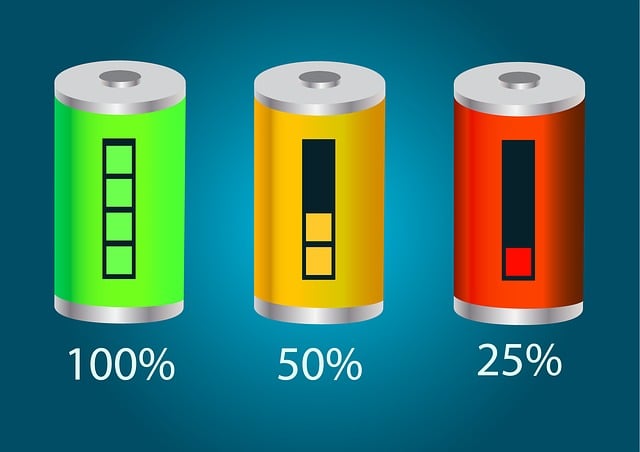Oregon's stringent drug laws carry severe penalties, with distinct classifications leading to varying punishments. Facing drug charges demands strategic pre-trial tactics, including scrutinizing evidence collection methods and hiring an experienced defense attorney. Effective drug charge strategies involve questioning search legality, test reliability, and presenting a strong character defense. Post-trial options include appealing, requiring meticulous attention to detail and legal arguments to challenge convictions or sentences. Strategic defenses at every stage help defendants seek justice and protect their rights.
Oregon’s stringent drug laws can lead to severe consequences for those facing drug charges. Understanding the state’s complex legal landscape is crucial for mounting an effective defense. This comprehensive guide navigates Oregon’s drug laws and penalties, explores strategic pre-trial approaches, delves into presenting a compelling case during trial, and outlines post-trial options, including appeals processes. Discover powerful drug charge strategies to protect your rights and mitigate potential outcomes.
- Understanding Oregon's Drug Laws and Penalties
- Pre-Trial Strategies for Drug Charge Defense
- During the Trial: Presenting Your Case Effectively
- Post-Trial Options and Appeals Process
Understanding Oregon's Drug Laws and Penalties

Oregon has comprehensive drug laws, with strict penalties for those convicted of drug offenses. Understanding these laws is crucial for anyone facing a drug charge. The state differentiates between various substances, with different classifications and associated punishments. For instance, possession of small amounts of certain drugs may result in light sentences, while distribution or dealing can lead to severe consequences, including lengthy prison terms and substantial fines.
Knowing your rights and the potential outcomes is key when developing effective drug charge strategies. Oregon’s legal system offers defenses and mitigating factors that can be exploited. This includes challenging the evidence, questioning the legality of the stop or search, or presenting a strong character defense. By familiarizing themselves with these aspects, individuals facing drug charges can make informed decisions and build a robust defense strategy.
Pre-Trial Strategies for Drug Charge Defense

When facing drug charges in Oregon, employing effective pre-trial strategies is crucial for mounting a robust defense. One key step is to thoroughly review and analyze the evidence gathered by law enforcement. This includes examining the methods used during the arrest, search, and seizure to ensure they comply with constitutional rights and legal procedures. If any irregularities are found, these can be grounds for suppressing evidence, which could significantly weaken the prosecution’s case.
Additionally, building a strong relationship with an experienced defense attorney is vital. They can help gather character references and alibi witnesses, explore potential legal defenses such as lack of intent or coercion, and navigate the complex legal system. Timely filing of pre-trial motions, including requests for discovery and dismissal of charges, are essential drug charge strategies to preserve rights and gather evidence beneficial to the defense.
During the Trial: Presenting Your Case Effectively

During the trial, presenting your case effectively is key to defending against a drug charge. This involves strategic planning and meticulous execution. Begin by thoroughly understanding the evidence against you—from the circumstances of your arrest to the results of any drug tests. Then, develop a clear narrative that explains your actions in a positive light, addressing any potential triggers or extenuating circumstances. Presenting character witnesses who can attest to your good standing in the community and previous absence of legal troubles can also significantly strengthen your case.
Additionally, drug charge strategies may include challenging the admissibility of evidence through motions before trial. This could involve questioning the legality of a search or the reliability of test results. Effective cross-examination of prosecution witnesses is another critical component—aim to expose any inconsistencies in their testimonies and cast doubt on the accuracy of their recollections. Remember, the goal is not just to present a defense but to demonstrate to the jury that you are innocent or that the charges should be reduced.
Post-Trial Options and Appeals Process

After a trial, if found guilty, individuals facing drug charge strategies have several post-trial options. One common path is to file an appeal, which challenges the validity of the conviction or sentence. This process involves submitting legal arguments and evidence to a higher court, aiming to overturn or reduce the original ruling. Appeals can be based on various grounds, such as procedural errors during the trial, insufficient evidence, or unconstitutional sentencing guidelines.
Successfully navigating the appeals process can lead to significant outcomes, including reversed convictions, reduced sentences, or even dismissal of charges. It requires meticulous attention to detail and a deep understanding of legal procedures. Many defendants opt for this route to seek justice and ensure their rights are protected in the face of drug-related accusations, employing strategic drug charge defenses throughout each stage.






